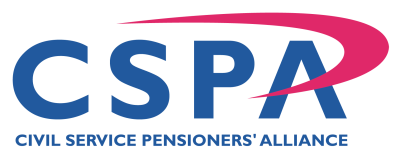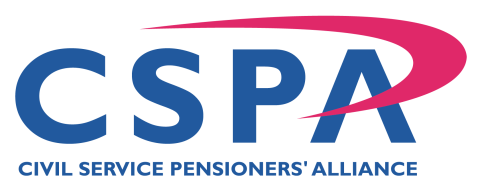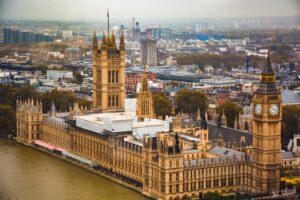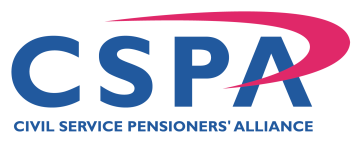CSPA has been actively campaigning for the basic income tax threshold to be raised in line with inflation, backdated to its introduction in 2021, and thereafter to be index-linked to the CPI. The government introduced the personal tax threshold of £12,570 in 2021, and it has been frozen at this level ever since, dragging millions on low incomes, including pensioners, into paying tax. This trend, known as fiscal drag, was due to continue until 2028.
Whilst we welcome headline announcements by Minister Mel Stride, and others, that a future Conservative government would commit to increasing the income tax threshold imposed on pensioners by at least 2.5%, or in line with the highest of earnings or inflation, we are conscious that the proposed measure is only necessary to offset the unacceptable position they have imposed in adhering to the frozen personal tax threshold in the first place. Without adjustment, even those earning nothing other than the State Pension, would have fallen within the lowest tax bracket by 2027, when the State Pension is likely to exceed the £12,570 threshold.
CSPA is pleased to see the main political parties pledge to maintain the State Pension Triple Lock in the short to medium term. We are also relieved to hear that the controversial Data Protection Bill, including additional clauses facilitating departments’ access to the bank accounts of those receiving benefits, including the State Pension, will not now be passed due to the timing of the General Election. CSPA, along with partners in Later Life Ambitions, had been concerned that the new powers might eventually be used to bring in means testing as a criterion for receipt of the State Pension.
CSPA General Secretary, Sally Tsoukaris, said “CSPA members have worked long and hard, in public service, to earn their pensions and feel it is fundamentally unfair for them to then be taxed on the basic entitlements they have taken so many years to build up.”
General election: Tories announce ‘Triple Lock Plus’ pension allowance – BBC News






